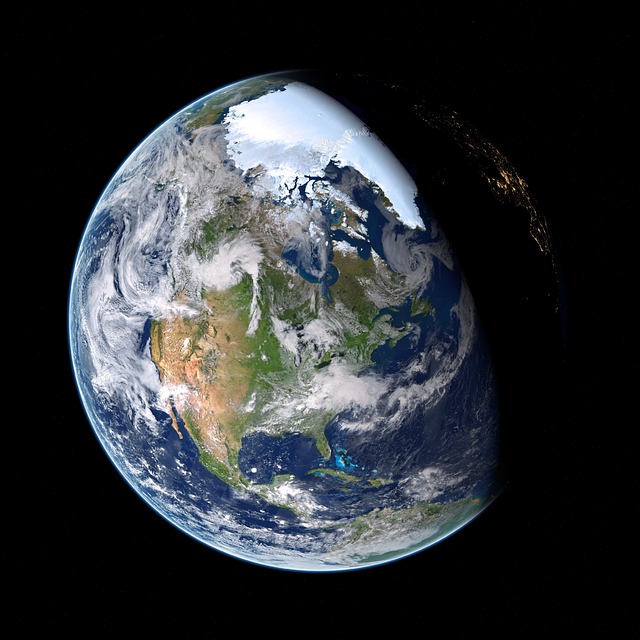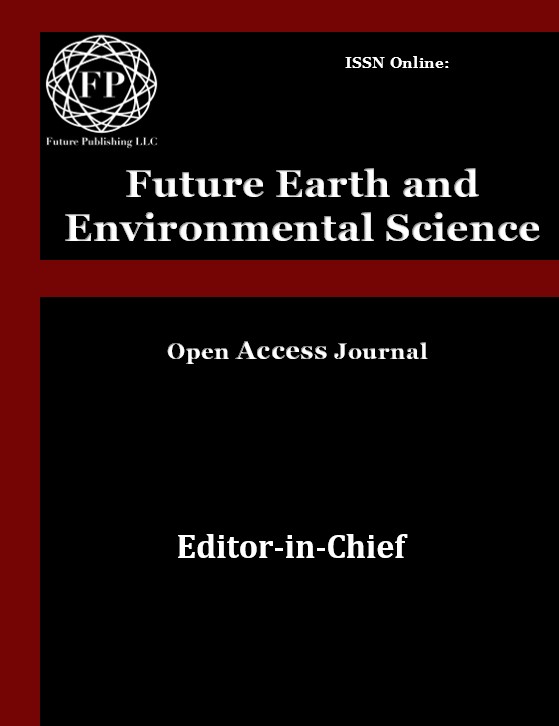![]()
This work is licensed under a Creative Common CC BY 4.0 License.
Focus and Scope
Future Earth and Environmental Science (FEES) is a comprehensive platform for high-impact research addressing the complex challenges at the intersection of environmental science, earth systems, and sustainability. The journal encourages interdisciplinary studies and innovative approaches to understanding and solving global environmental issues. Our primary focus is to advance the scientific understanding necessary for fostering a sustainable future, bridging the gap between research, policy, and practice. The scope of FEES encompasses, but is not limited to:
- Earth Systems Science: Studies on atmospheric, terrestrial, and aquatic systems, including interactions between the biosphere, geosphere, hydrosphere, and atmosphere.
- Climate Change and Resilience: Research on climate change impacts, mitigation strategies, adaptation measures, and developing resilient ecosystems and communities.
- Sustainability Science: Exploring sustainable practices in resource management, renewable energy, circular economy, and socio-environmental systems.
- Biodiversity and Conservation: Investigations into ecosystem dynamics, species conservation, habitat restoration, and the role of biodiversity in sustaining ecological balance.
- Environmental Pollution and Remediation: Innovative solutions for addressing air, water, and soil pollution, including remediation technologies and pollution prevention strategies.
- Urban and Rural Sustainability: Studies on sustainable urban development, smart cities, green infrastructure, and rural-urban linkages for integrated growth.
- Renewable Energy and Technology: Advancements in renewable energy technologies, energy efficiency, and sustainable energy systems.
- Environmental Policy and Governance: Analysis of policy frameworks, governance models, and international collaborations for addressing global environmental challenges.
- Earth Sciences for Environmental Innovation: Investigation of tectonics, volcanology, natural resource management, paleoclimate studies, geohazards, and geoengineering innovations to address environmental challenges and advance sustainability.
- Sustainable Solutions through Environmental Sciences: Studies about hydrology, soil science, geochemistry, environmental physics, and ecology to explore water systems, soil health, chemical processes, and biodiversity for sustainable development.
- Waste Management and Circular Economy: Research on solid waste management, waste-to-energy technologies, recycling innovations, plastic pollution mitigation, and sustainable waste disposal practices.
- Water Resources Management: Studies on water conservation, desalination, integrated water resource management (IWRM), water treatment technologies, and sustainable watershed management.
- Environmental Biology and Animal Ecology: Research on ecosystem health, animal conservation, wildlife management, aquatic and terrestrial ecology, and the role of animals in environmental sustainability.
FEES welcomes original research articles, reviews, perspectives, and case studies that provide actionable insights and contribute to the scientific, social, and technological progress necessary for safeguarding Earth’s future.








